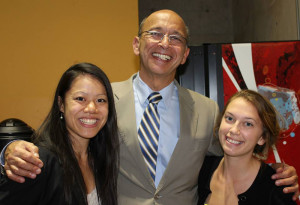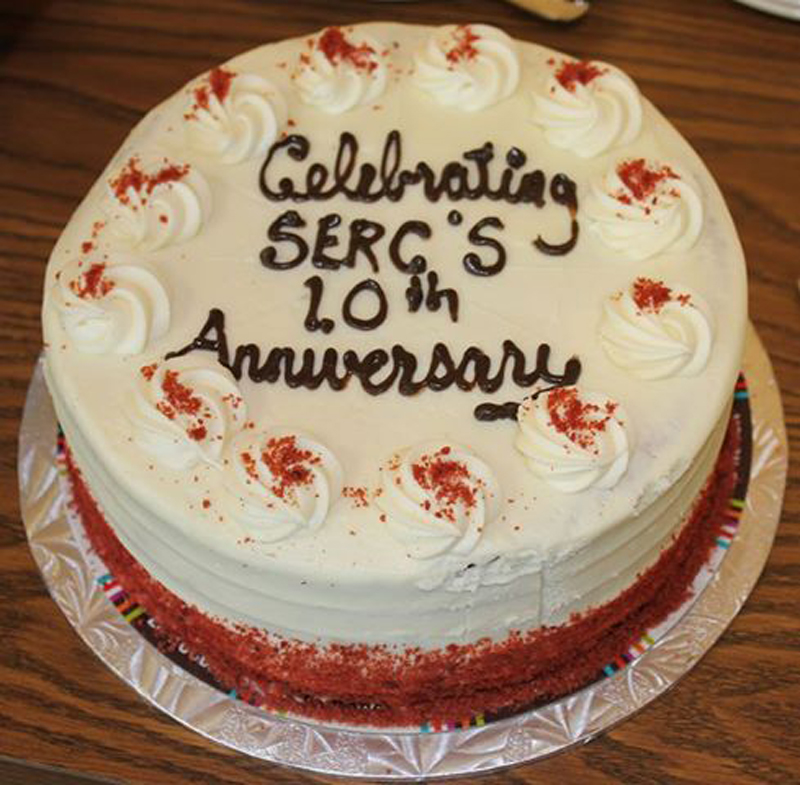STORY BY DONTEI WYNTER

Treating older people with respect is the key to making the world a friendlier place, an aging expert told a crowd at Sheridan College last Friday.
The Sheridan Elder Research Centre (SERC) celebrated its 10th anniversary with guest speaker Dr. Alexandre Kalache, who gave a lecture on aging.
Forty years ago, Kalache, 68, completed his medical degree at the Federal University of Rio de Janeiro in Social Medicine and then his PhD in Epidemiology at the University of London.
Kalache lectured in Sheridan’s Macdonald Heaslip Hall, where more than 100 students, faculty, staff and other guests attended.
During his presentation, Kalache spoke about his research and perspectives on positive aging and longevity and entertained with timely humour.
He credits his interest in elder research to curiosity and learning.
“Basically I have a very good rapport with old relatives and I come from a mixed family. Each of my grandparents come from a different country: Italy, Greece, Lebanon. As a kid, I had two options. I could play with all the other kids or I could be around older people, to listen to their stories,” said Kalache.
“I learned to have this respect and this familiarity with older people.”
Kalache is researching and advocating for the elderly on a global scale.
“I’m now working on age-friendly cities, age-friendly hospitals, age-friendly long term institutions and work with age-friendly health care. I’m trying to prepare places to be ready for this demographic so that when you grow older, the world will be a much better place for you. If it’s going to be friendly to older people then it’s going to be friendly to everybody,” said Kalache.
Jeff Zabudsky, president and CEO of Sheridan College, attended the event to show his support.
“As president I have no direct involvement with SERC but I play a role with my executive team to make sure they are properly resourced and that they’ve got the funds to pursue their organization, to make sure they can continue the great work that they’re doing,” said Zabudsky.
Zabudsky also complemented the work of Pat Spadafora, director of SERC.
“I can’t claim any particular credit for what they’re doing, because they have a great team and Pat Spadafora’s leadership is remarkable,” said Zabudsky.
Zabudsky wasn’t the only one who admired Spadafora. Her staff, that she refers to as the “dream team,” honoured her with an award after the presentation.
“She’s a tremendously humble and appreciative person. Genuinely makes everyone that works with her feel like a valued member of the team and contributing to something really important,” said Dr. Lia Tsotsos, principal researcher at SERC.
Spadafora had kind words for her staff.
“Every single one of them has a powerful work ethic and they are totally committed to the centre,” said Spadafora. They are always putting in 100 per cent, without a word of a lie there has never been a cross word with the team. Everyone’s supportive and I know I can just count on them to deliver and we just treat each other equally.”
SERC receives its funding from the Natural Sciences and Engineering Council in the form of a grant.
